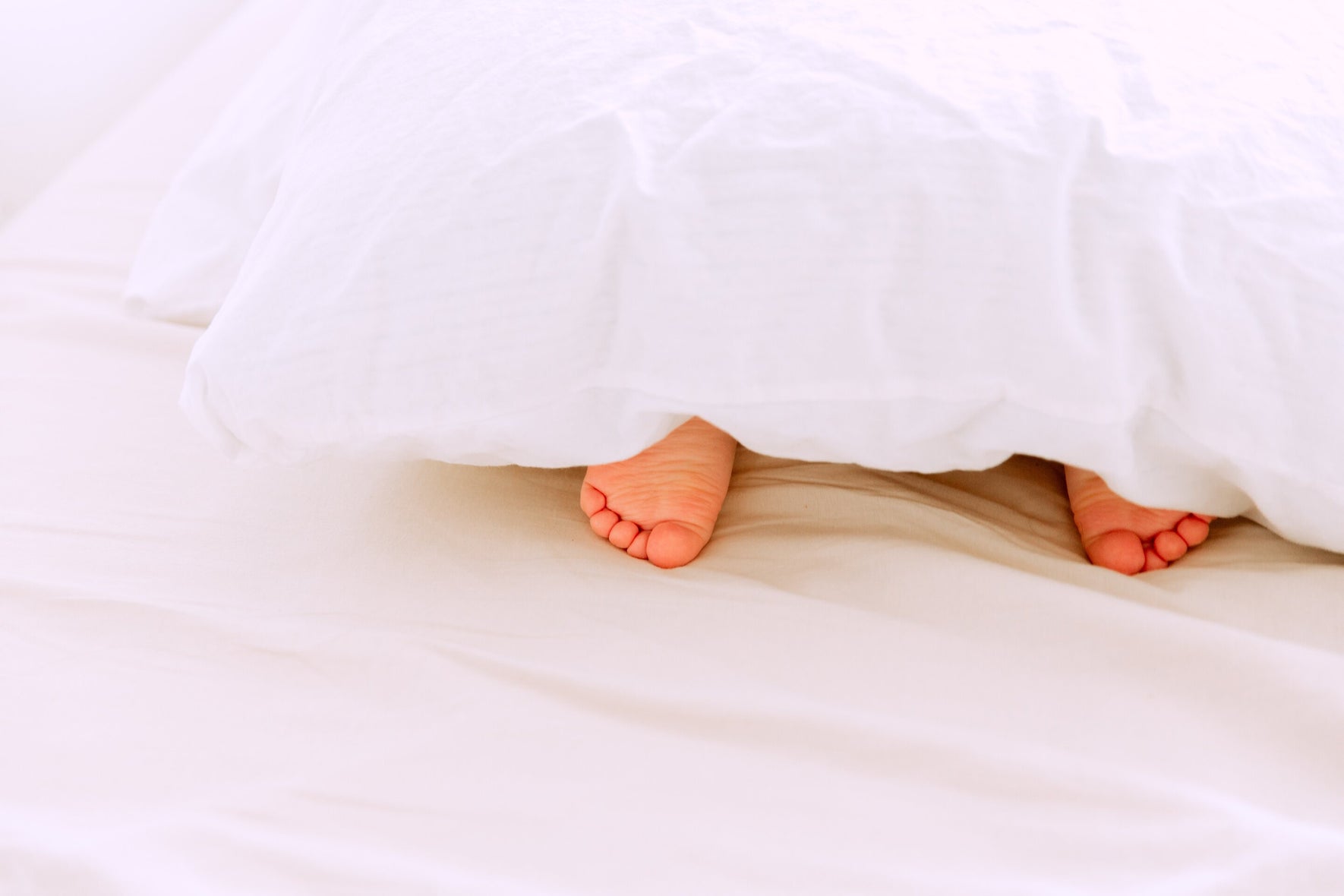
5 Surprising Effects of Poor Sleep
A decade ago, being able to function on a few hours’ sleep used to be seen as a badge of honour, something we wore with pride to signal productivity and resilience. As our understanding of the importance of sleep to our overall health however continues to grow however, it has become abundantly clear that a lack of sleep is actually viewed as quite the opposite; some research indicates that getting only five or fewer hours of sleep three days in a row can actually damage or kill brain cells. Not only does sleep play a crucial role in just about everything from mood to fertility and blood pressure it can also affect myriad other functions too. Here are some you may not know about…
Ageing skin
Although it sounds like something your mother would say, the old adage of the importance of getting your beauty sleep actually rings true. That’s because when you sleep your skin goes into restore mode, producing growth hormone which helps repair any damage incurred during the day from environmental damage such as UV. It also replaces dead or damaged cells with new ones. If conversely, we don’t get enough sleep, not only is this repair process hampered, it triggers a spike in cortisol, the stress hormone. As well as too cortisol contributing to increased stress levels, it’s also responsible for the breakdown of collagen and elastin, two proteins which are integral in the formation of bouncy, healthy, supple skin.
Impaired decision making
Good quality, regular sleep plays a big part in the proper functioning of our brain. When we’re asleep our brain is working hard to clear out any waste and consolidate information we’ve learnt during the day. If we don’t get enough sleep, the brain is unable to perform these important tasks, which can lead to a lack of focus, inefficient learning and reduced productivity the following day. Proper sleep also contributes to the consolidation of memories, so without it our brains are less likely to be able to remember what we did and experienced during the day.
Increased risk of serious health issues
Amongst many of the brilliant benefits of sleep is its power to boost immunity, which if compromised long-term, can lead to more ill health. Long-term poor sleep is also linked to an increase in inflammation, something experts believe might contribute to poor heart health. There’s also a link between a lack of deep sleep and the likelihood of developing type 2 diabetes thanks to the way in which the body processes glucose when sleep is compromised. Lack of sleep often goes hand in hand with chronic illnesses such as depression; sufferers usually find that one aggravates the symptoms of the other, causing an upsetting and hard-to-break vicious cycle. In one 2007 US study of 10,000 people, those with insomnia were five times as likely to develop depression as those without. That’s coupled with an estimate that as much as 90% of those who experience insomnia will also have another underlying health issue.
Weight gain
Poor sleep habits can also make those last few pounds harder to shift and contribute to weight gain. When you don’t get enough sleep, two chemicals in the brain – ghrelin which stimulates hunger and leptin which signals satiety – are thrown off balance. Reduced sleep is associated with decreases in leptin but increases in ghrelin, making it more likely that you’ll overindulge, and on high-fat, high-carb choices to boot. Elevated cortisol levels also directly impact your ability to make rational decisions, including what to eat.
Weakened immunity
Among the many benefits of a good night’s sleep is boosted and more robust immunity. When you sleep your immune system releases proteins called cytokines, which increase to protect you when you display signs of an infection or inflammation. Research indicates that sleep deprivation can decrease production of these cytokines, leaving your immunity compromised and you more prone to catching passing bugs and illness.
